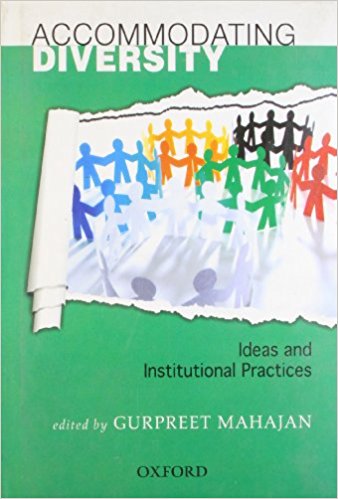Peter Ronald de Souza in his foreword sees the book’s central contribution in providing a ‘frame within which to understand the troublesome question as to how a democracy should respond when a group acquires a voice, when that voice be-comes louder, and when it perhaps grows to be a cacophony?’ In the introduction to the book, Gurpreet Mahajan states that the objective in this volume is to revisit the often asked questions and the often given answers within the multicultural paradigm. ‘Why should we care about diversity? How should we deal with cultural diversity? Should these diversities be accommodated? This volume returns to these questions and the answers offered by multiculturalism, in the process of understanding how India responded to some of these concerns.’ The essays in the volume fulfil the above stated purpose. While they do revisit some of the key questions within a multicultural debate, they also critique aspects of it. These elements of critique prod me to app-roach the issue of accommodating diversity from the bottom. While the editorial intent could be to look at policy alternatives and options before a democracy it cannot be divorced from identifying why the question of accommodation emerges again and again. Looking at the issue from bottom up the reviewer asks, what prevents the accommodation of diversity? Why do people find it difficult to get along?
May 2012, volume 36, No 5

